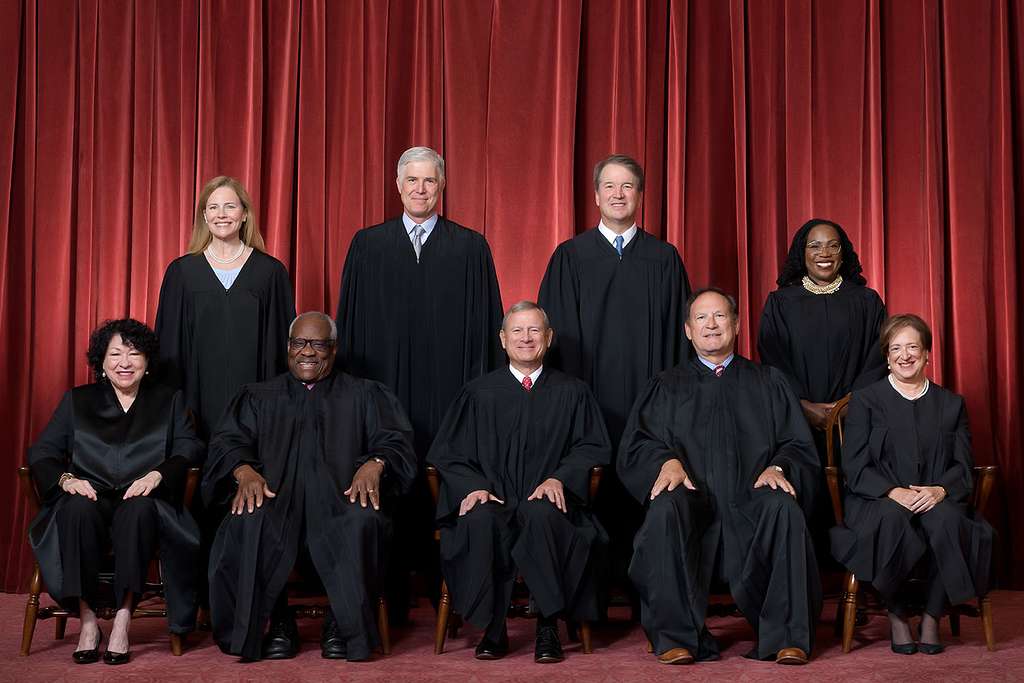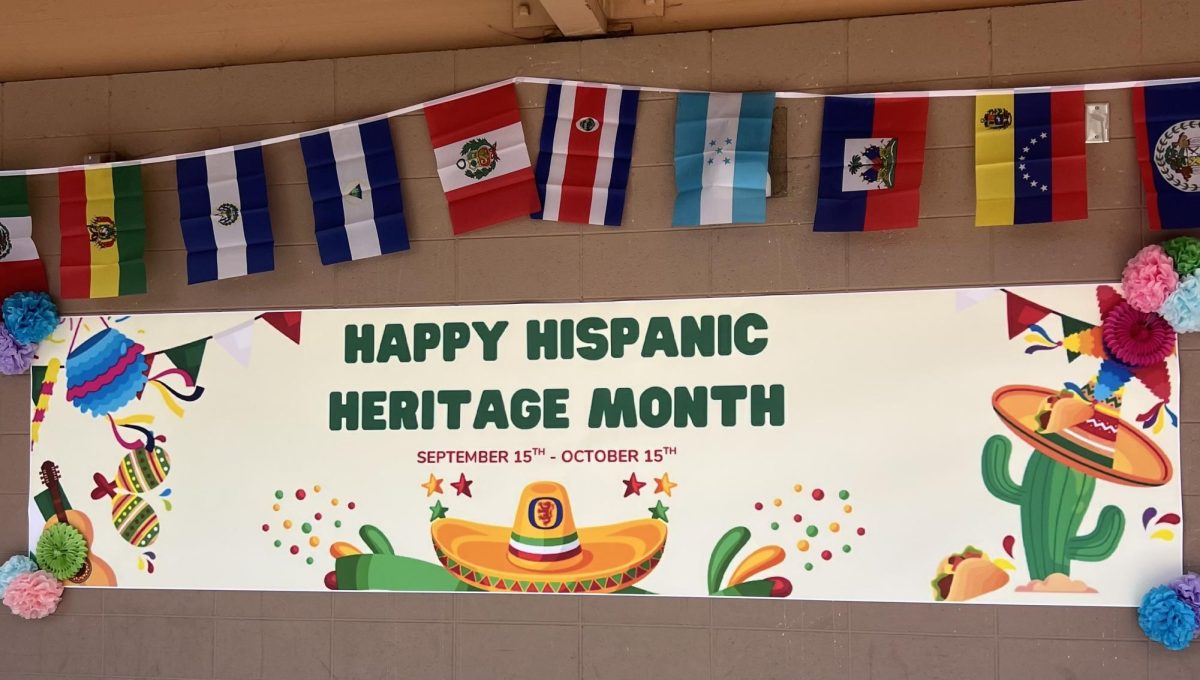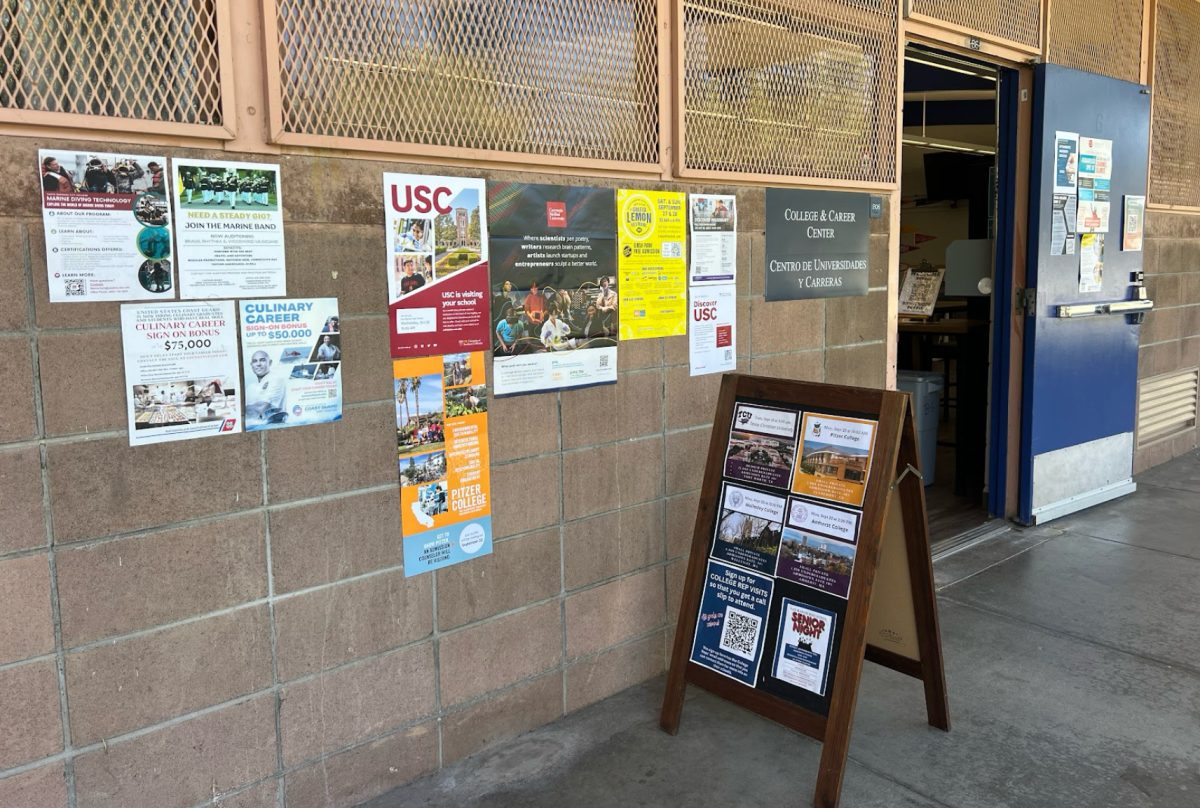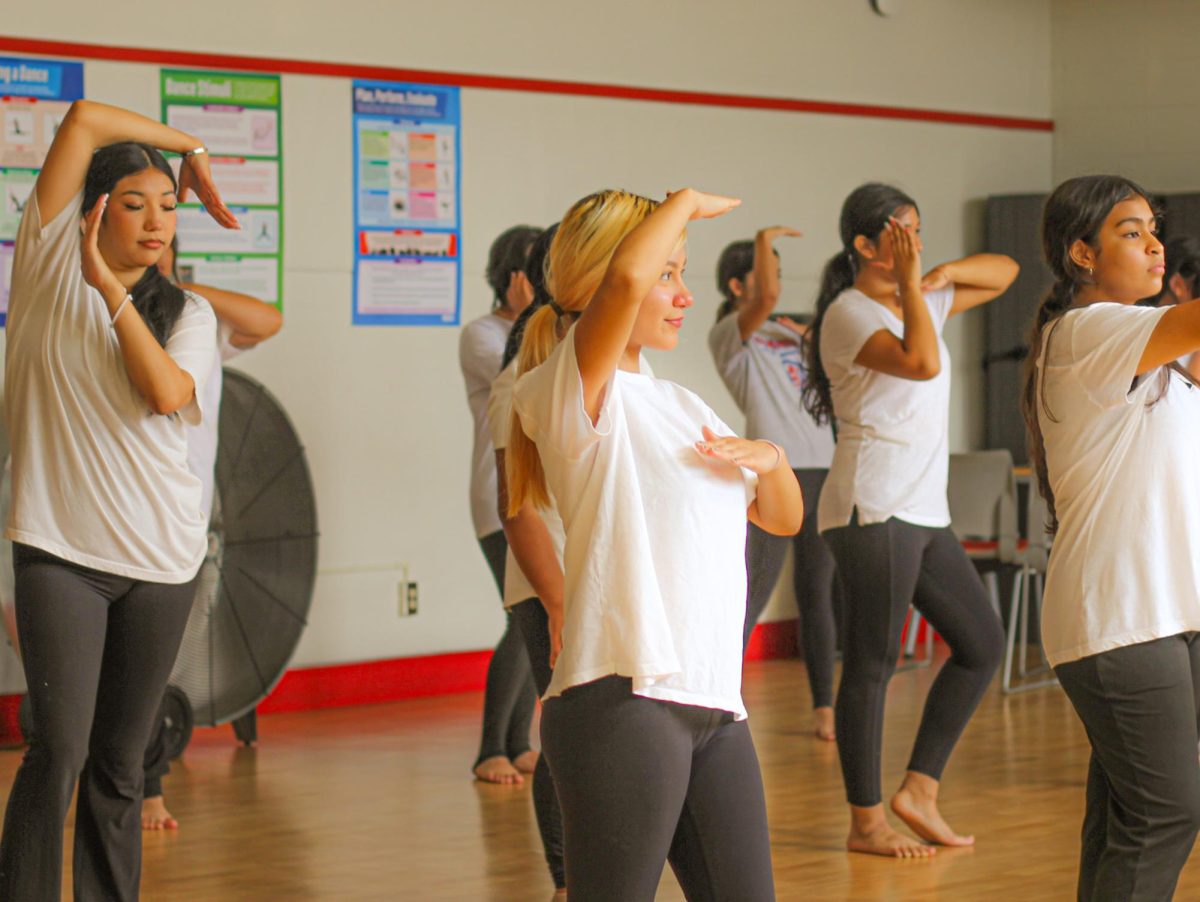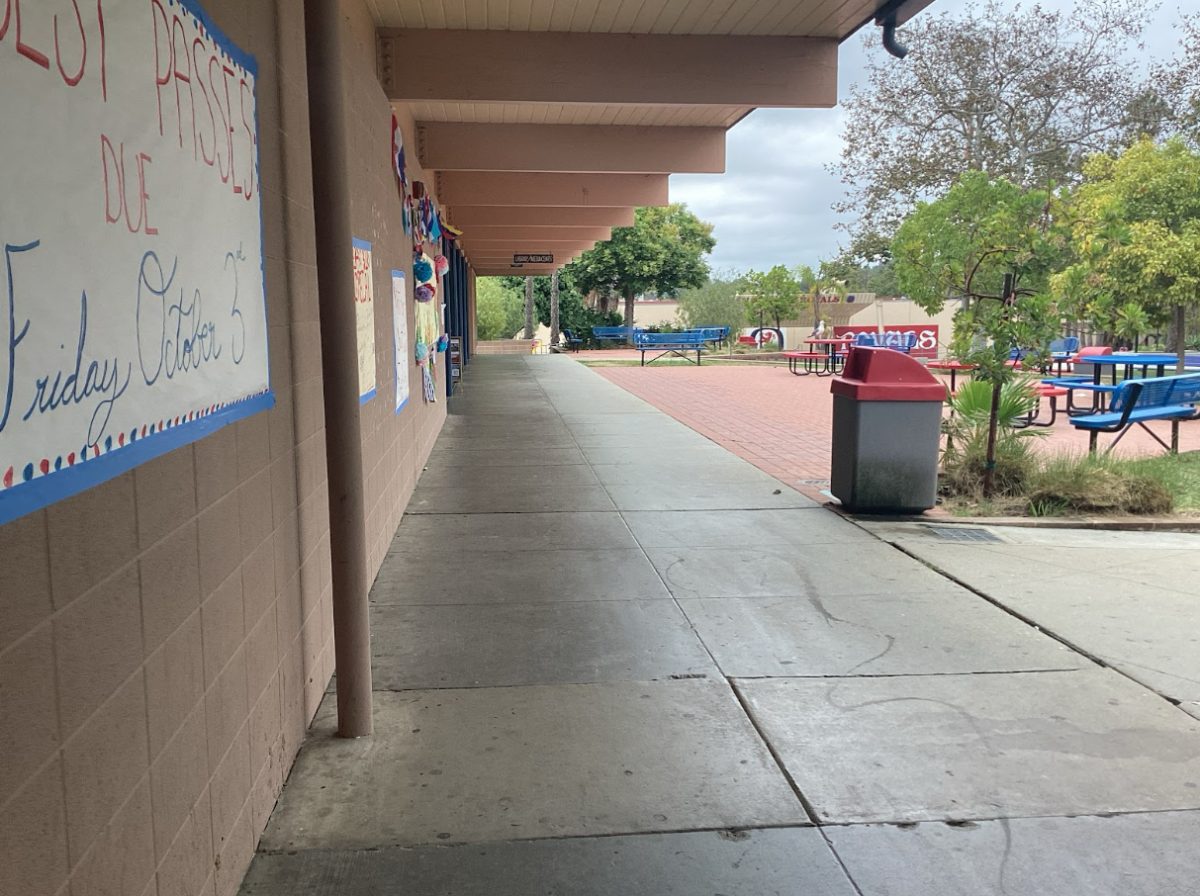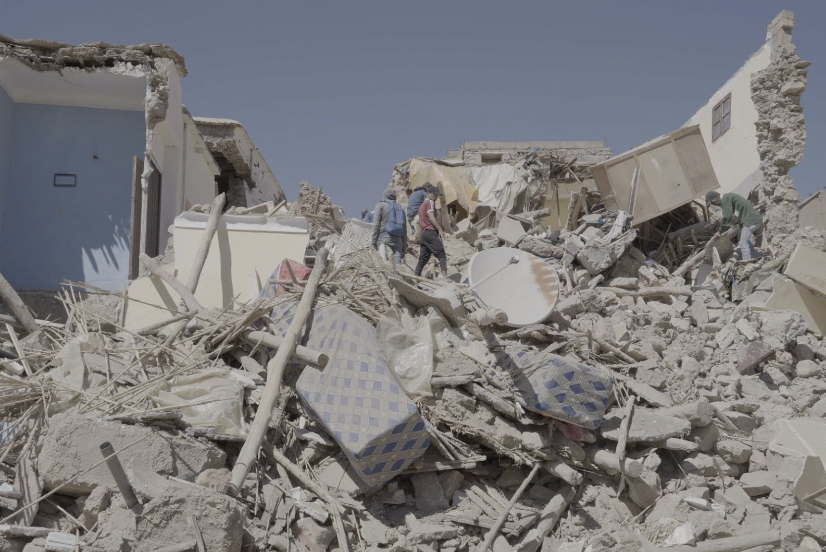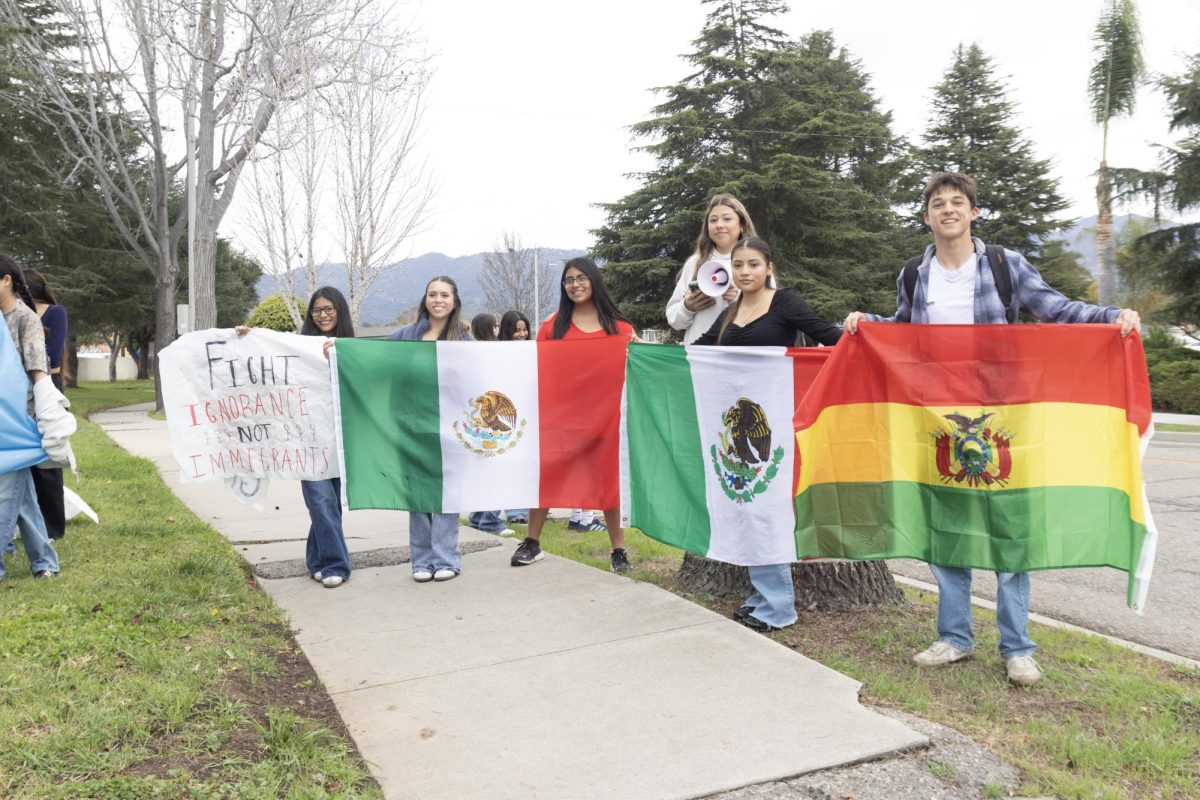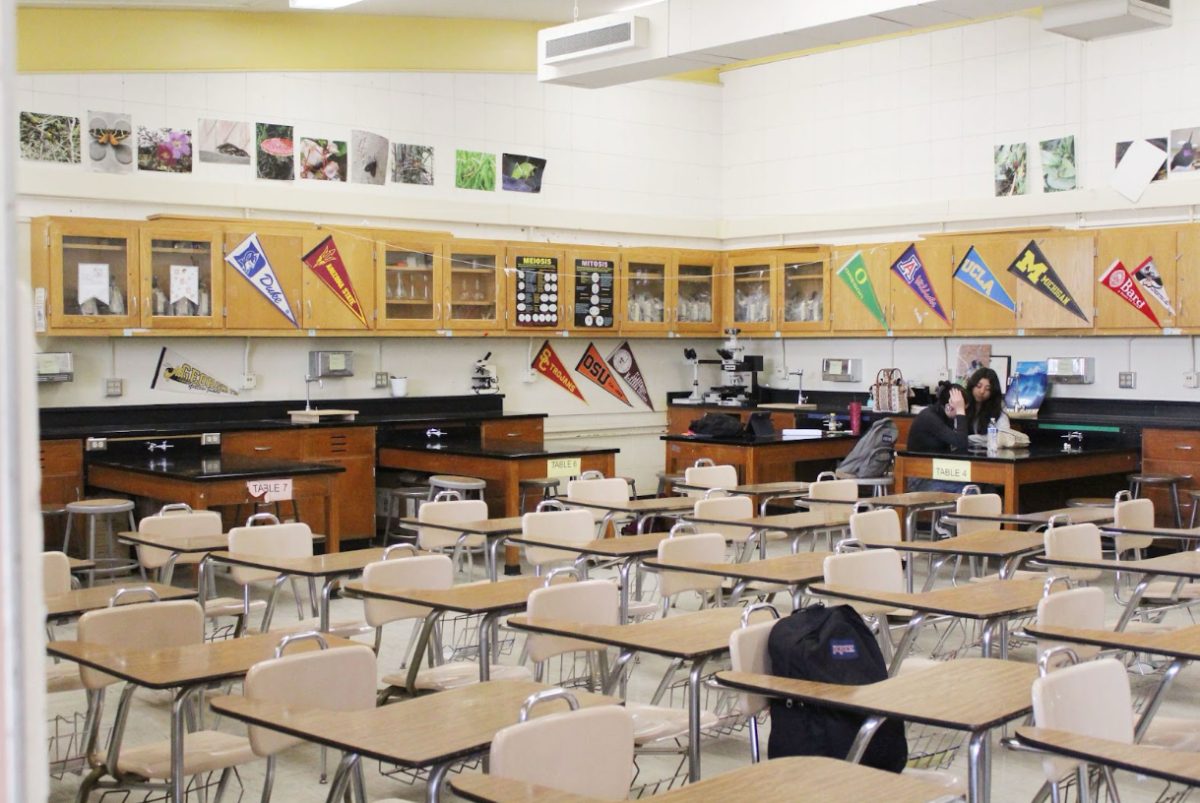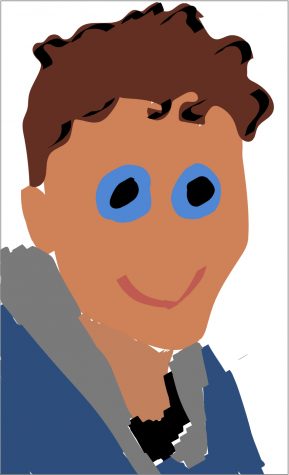During the past two weeks, two northern African nations, Morocco and Libya, have been hit by two separate devastating natural disasters which have culminated in a death toll of approximately 6,904 people with hundreds of thousands more projected to be affected, as stated by The New York Times. Now with the Moroccan government accepting limited disaster relief and the Libyan city of Derna bearing much of the liability for its casualties, it has become speculative for how political these tragedies may be.
The Marrakech Earthquake
In the evening of September 8, the roughly 840,000 citizens of the city of Marrakesh felt a rumbling coming from the southeast, in the High Atlas mountains. There, a powerful earthquake struck with a magnitude of 6.8, the strongest earthquake to occur in Morocco in the past century. Several reports have indicated that the exact death toll has reached 2,946, but the United Nations has estimated roughly 300,000 people to have either been displaced, injured, or missing. With so many people in need, nations around the globe have offered up their services and resources to help relieve Morocco of the costly support that is needed for its citizens. Despite the generous and solidaric conveyance from many of its allies, in its government’s view, Morocco will be able to manage this with the help of only a select few nations. As one of three remaining monarchies in the continent, Morocco feels that it would be a display of shameful reliance to accept help from so many countries, especially from France and Algeria, for whom Morocco still holds political reserves. As the mounting crisis continues, numerous nations and organizations, including the U.N., are leaving their offers on the table despite the lack of acknowledgement from the government in Morocco.
Flooding in Libya
On September 4, a fairly common classification of storms formed in the Mediterranean. Informally known as a “medicane”(Mediterranean hurricane), Storm Daniel is a type of downsized hurricane that poses a small threat for most urban areas along coasts. Already having made its way through parts of Greece, Turkey, and Bulgaria, claiming 40 lives, Storm Daniel arrived in Libya on a Monday. It has since grown in power, having crossed into warmer waters, and began producing torrential rainfall. However, Libyan citizens were not very concerned about the rainfall, since most Mediterranean countries face such a storm about twice a year. What Libyan citizens were not expecting were the deafening blasts of their government’s dams bursting open, one by one, causing a wholly unprecedented 3,958 casualties along with the tens of thousands people who are missing.
“I think about, like, what are we doing to be prepared for these types of things so we can help people who really need the help,” said AP English teacher Mr. Koroshec. “It seems like not a lot of help is getting into these places.”
According to CNN, the preceding “political instability” of the nation led to the creation of these dams which lacked disaster-proof reinforcements which the U.N. was willing to install.
Communities devastated, hundreds of thousands of people injured, and even more families torn apart from the count of missing people. With such tragedies that occur so often in the Mediterranean and more inland areas of Africa, there is typically an abundance of aid being offered by surrounding countries. As the aftermath of these two situations carry on, we can see that more aid is getting filtered through from an array of different organizations. One can only hope for these nightmare calamities to end as quickly as possible.


